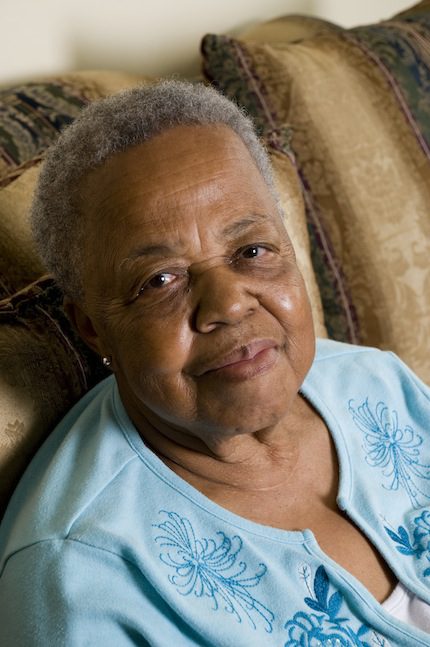
16 Jul 2012 Help the elderly beat the heat
It’s summer in Central Arkansas, and very hot weather is here.
The National Institute on Aging says most victims of heat-related illnesses are over 50 years old, and CareLink has some helpful advice.
“There are specific steps older people and those caring for older people can take during the summer heat to prevent heat-related illnesses,” said CareLink Manager of Outreach Debbie Gillespie. “Older people who don’t have air conditioning or good airflow in their homes are in the most danger for serious illness during extreme heat.”
Those who live in homes without fans or air conditioning should open windows at night, cover windows when they are in direct sunlight and try to spend at least two hours during the hottest part of the day in an air-conditioned place like a shopping mall, library or senior center.
“Some people may have air conditioning but are afraid they won’t be able to pay the electric bill,” Gillespie said. “They can call CareLink Information & Assistance at 501.372.5300 or toll-free 800.482.6359 to ask about funding sources like the Low Income Home Energy Assistance Program."
To minimize the dangers of heat, keep alert for heat advisories and avoid outdoor activity during the hottest periods. Wearing light-colored cotton or linen clothes can help beat the heat. Drink at least eight glasses of water or juice a day, and avoid alcohol and caffeine because they make the body lose fluid.
Risk factors are higher for older people because often the normal aging process can make the body unable to perspire and cool itself. The temperature outside or inside does not have to hit 100 degrees for older and chronically ill people to be in danger of heat-related illness.
Other risk factors include:
- Heart or blood vessel problems or poorly working sweat glands.
- Heart, lung or kidney disease, as well as any illness that causes weakness or fever.
- High blood pressure or other conditions that require a low-salt diet.
- Taking prescribed drugs such as diuretics, sedatives, tranquilizers and some heart and blood pressure medicines that can affect the body’s ability to perspire.
- Being quite a bit overweight or underweight.
- Drinking alcoholic beverages.
Being too hot for too long can cause illnesses that require specific treatments:
- Heat cramps — painful tightening of muscles in the stomach area, arms or legs; can result from hard work or exercise. Body temperature and pulse usually stay normal but skin may feel moist and cool. Treatment: cool down and drink plenty of fluids without caffeine or alcohol.
- Heat edema — swelling in ankles and feet. Treatment: rest in a cool place with legs elevated; if that doesn’t work, check with doctor.
- Heat syncope — sudden dizziness while being active in the heat. People taking a beta blocker heart medication or who are not used to hot weather are more likely to feel faint in the heat. Treatment: rest in a cool place with legs elevated; if that doesn’t work, check with a doctor.
- Heat exhaustion — a warning that the body can no longer keep itself cool; symptoms include thirst, dizziness, weakness, loss of coordination, nausea, profuse sweating, normal temperature with cold and clammy skin. Pulse can be normal or high. Treatment: rest in a cool place, drink plenty of fluids; medical care may be necessary to prevent heat stroke.
- Heat stroke — a life threatening condition requiring immediate medical help. Symptoms can include fainting, body temperature over 104 degrees, change in behavior (confusion, staggering), dry flushed skin, strong rapid pulse or slow weak pulse, acting delirious or being in a coma. Treatment: try to cool the patient while getting medical help.
Last year more than 18,000 people in Faulkner, Lonoke, Monroe, Prairie, Pulaski and Saline counties were CareLinked with information and resources to help them stay active and in their own homes, avoiding more costly care.
Older people and their caregivers can get the information and assistance they need from CareLink at 501.372.5300, toll-free 800.482.6359 or by visiting carelink.org.










